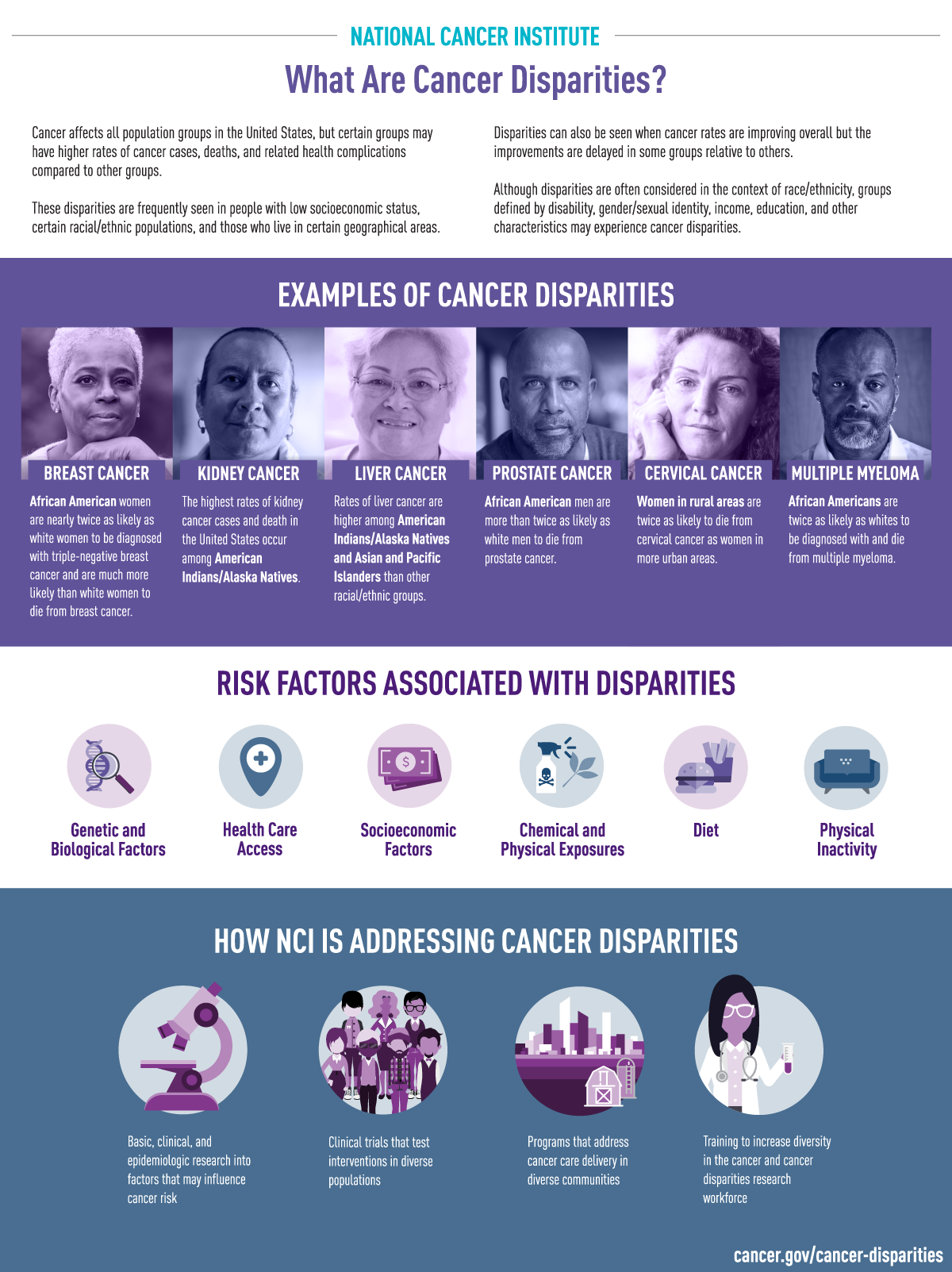Who We Are
Established in 2002, Partnership for the Advancement of Cancer Research is a cross-institution, multi-disciplinary team that is working together to reduce cancer health disparities.
Our team is comprised of faculty, staff, researchers and students from a wide-variety of backgrounds and disciplines. Our diversity encourages us to be curious, innovative, inclusive and understanding as we work to develop robust research, collaborate with community organizations and implement effective programming for underserved populations.
PACR is changing the cancer health landscape for underserved communities.
About Cancer Health Disparities
From the National Cancer Institute
Cancer affects all population groups in the United States. But certain groups may bear a disproportionate burden of cancer compared with other groups.
Cancer disparities (sometimes called cancer health disparities) are differences in cancer measures such as:
- incidence (new cases)
- prevalence (all existing cases)
- mortality (deaths)
- morbidity (cancer-related health complications)
- survivorship, including quality of life after cancer treatment
- burden of cancer or related health conditions
- screening rates
- stage at diagnosis
Cancer disparities can also be seen when outcomes are improving overall but the improvements are delayed in some groups relative to other groups.
Although disparities are often considered in the context of race/ethnicity, other population groups may experience cancer disparities. These include groups defined by disability, gender/sexual identity, geographic location, income, education, and other characteristics.
To read more about cancer disparities, visit the National Cancer Institute website.



